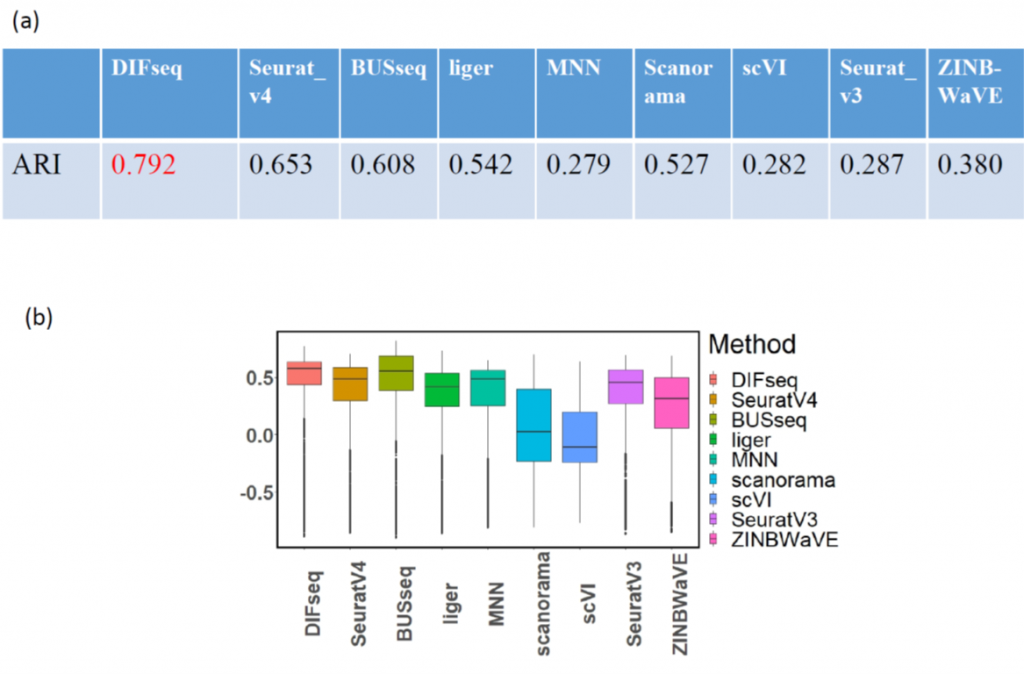Our team developed a novel statistical method that can accurately cluster cells into cell types, estimate cellular compositions and identify cell types whose abundances differ between patients and healthy individuals using single cell sequencing data. The accuracy of our proposed method in clustering cells into cell types outperforms the state-of-the-art method by 21% for real data. As a result, our technique is able to identify rare cell types, such as cancer cells, when their abundances are low, thus allowing early detection of diseases. Moreover, our proposed method is the first method that is able to identify abnormally expressed genes for a given patient as compared to healthy individuals in a cell-type-specific manner, thus facilitating individualized treatment.


Uniqueness and Competitive Advantages:
- High accuracy in detecting rare cell types
- Sensitive in detecting changes in cellular compositions between patients and healthy individuals
- First to identify genes that are differentially expressed between patients and healthy individuals in a cell-type-specific manner
- Scalable to hundreds of thousands of cells
- Can integrate data collected from different laboratories

